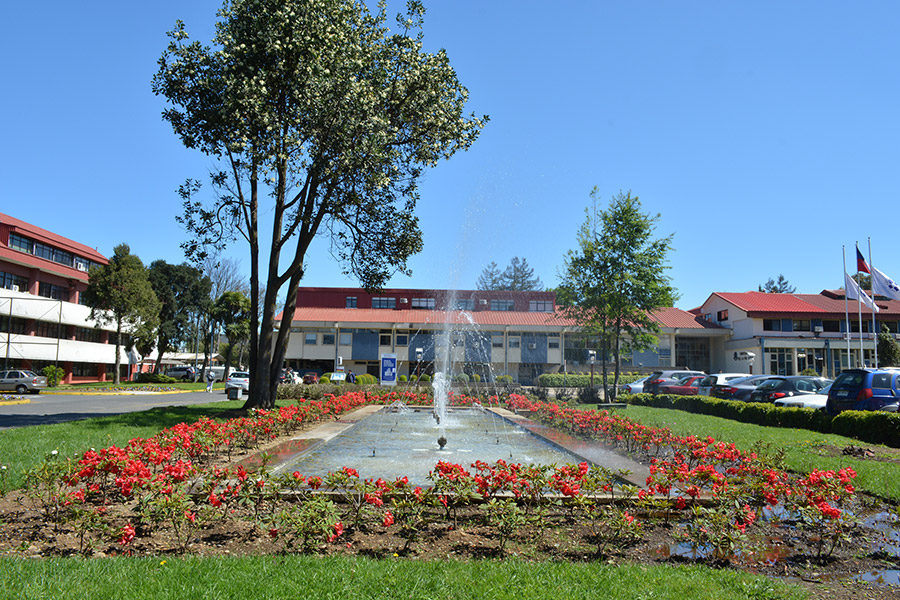|
What stands out among the approved projects in the contest of 2019 is the diversity of research fields: history; psychology; engineering; geography and urbanism; legal and political sciences; linguistics, literature and philology; medicine G2-G3; mathematics; biology; health and animal production. |
The Universidad de La Frontera (UFRO) positions itself as a leader in scientific productivity after getting 14 Fondecyt Initiation Projects approved in 2019. This makes it the regional state university with most projects approved in this competition, being in eighth place at the national level. For the university authorities it is a reason to feel proud and motivated to move forward. “This result reflects a research strategy that we have been implementing in recent years, the outcome of the efforts of many people, what allows us to keep increasing our productivity. This makes us visible in a very strong way and challenges us to keep working on new fields of knowledge, to strengthen our collaboration networks and to strengthen our internationalization processes,” Dr. Eduardo Hebel Weiss, the Rector of the UFRO, said. The UFRO presented 34 proposals in the last Fondecyt contest and got 14 of them approved, two more than in 2018. That is more than one billion Chilean pesos in resources for these projects. Dr. Renato Hunter Alarcón is the Vice-rector for Research and Graduate Studies at the UFRO and explained that the university is a great center for research and development in the Araucanía Region that helps to promote a different image of the region. “Today, we are presenting excellent indicators in science and technology and we are somehow changing the image of a region that is depressed or has a low educational and socioeconomic index. As a university, we are contributing and turning the region into a place of research, innovation and development,” Dr. Hunter explained. He added that, although the University's scientific and technological initiatives also focus on problems in other regions of the country, the knowledge that is created here remains in the region and is expected to be implemented in the future. He also said that it is important to consider the research fields that contribute to the issues being discussed at the moment, such as water resources, deforestation, climate change, and the industry 4.0. ENCOURAGING YOUNG RESEARCHERS The Director of Research of the University, Dr. César Arriagada Escamilla, appreciated the contribution of young researchers in the increase of the institutional indicators. In this context, he pointed out that the efforts to encourage the initiation of research have led to positive results. “Some of the researchers who got their projects approved in this competition have already participated in the institutional post-doctoral contest, what shows us that we are on the right track. The important thing is that they develop this potential during their entire career in science, because this is the first step, this is where they enter the world of first level research,” Dr. Arriagada explained. The university authorities congratulated the researchers who got their projects approved: Carolina Navarrete, María Francisca Román, Leonardo Sierra, Andrés Jaramillo, Mónica Pavez, Paula Meli, Jorge González, Mario Fabregat, Alejandra Calabi, Fernando Dias, Daniela Gómez, Rommy Díaz, Paola Comparin, and María Morales. The research fields of the different projects are: history; psychology; engineering; geography and urbanism; legal and political sciences; linguistics, literature and philology; medicine G2-G3; mathematics; biology; health and animal production. THE PROJECTS Project Code: 11190860 Project Code: 11190428 Project Code: 11190300 Project Code: 11190621 Project Code: 11190653 Project Code: 11190362 Project Code: 11190844 Project Code: 11190358 Project Code: 11191021 Project Code: 11190543 Project Code: 11190799 Project Code: 11191199 Project Code: 11190961 Project Code: 11190501
Written by: Karimme Riadi Millas |





